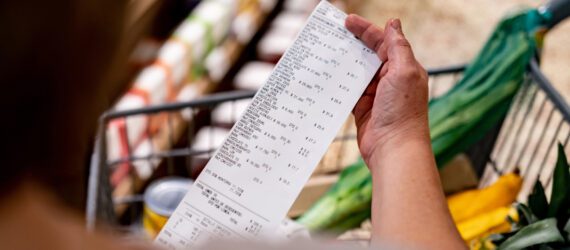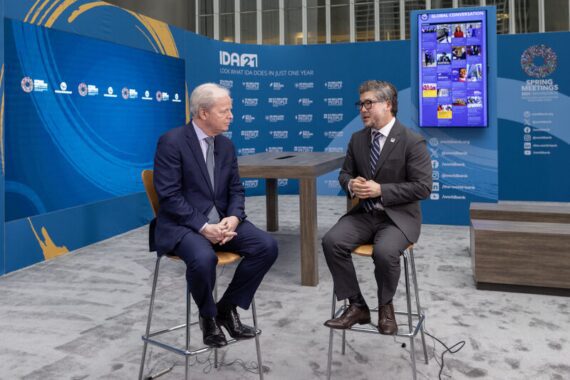By Daren Caughron
Russia’s invasion of Ukraine in late February has created a humanitarian crisis in Ukraine. The war is expected to cause extreme hardship for lower-income people around the world, particularly in the contries that import food from Ukraine.
U.S. Ambassador to the United Nation Linda Thomas-Greenfield pointed out that even before the invasion, nearly 3 million of Ukraine’s 44 million people needed food and water due to ongoing Russian aggression in Eastern Ukraine. More than a million people fled their homes in the first week after the invasion. This number more than doubled in the second week, and at the time of writing, long lines of cars still wait at international borders. Many other Ukrainians are displaced inside the country, and their numbers are expected to rise as the war drags on.
Russia’s actions have compounded the hunger impacts of other conflicts and the global COVID-19 pandemic. The war has already created more shortages, put more strain on global supply lines, and hindered governments’ capacity to support people in need.
The most immediate impact on hunger outside the country stems from the fact that Ukraine is one of the world’s largest exporters of wheat, the staple grain of billions of people. Prices of commodities such as wheat, corn, and soy have spiked. They are now at their highest levels since prices soared in 2008 and 2011, creating a global crisis. Grain prices are expected to rise by up to 50 percent in some countries.
Surges in the price of basic foods cause significant hunger and malnutrition among people with few resources. The many families who spend most of their income on food have little choice but to buy less food when prices rise. Price spikes also create budget shortfalls for humanitarian relief agencies, since they buy the food they provide to people confronting hunger crises. The World Food Programme is being forced to cut rations in areas facing hunger crises, and “take from the hungry to feed the starving.”
Africa will be one of the places to suffer the most significant increases in hunger as a result of the war, because many African countries are net food importers. Ukrainian agricultural exports to Africa have grown rapidly over the past generation, from $210 million in 1996 to more than $4 billion in 2020.
Ethiopia already has many people facing near-famine conditions due to civil war. The war in Ukraine will make matters even worse since Ethiopia imports 25 percent of the wheat it needs from Ukraine. The spikes in prices are also fueling public discontent in numerous other countries on the continent, including Kenya, which imports the majority of its wheat from Ukraine and Russia, as well as Burkina Faso, Central African Republic, and Mali. Yemen and Lebanon in the Middle East, too, are feeling the harsh impacts.
The worldwide condemnation of Russia’s war, expressed through sanctions, closing of foreign businesses, and a host of other measures, is already damaging the Russian economy. Before the war, most people in Russia were already struggling to afford the basics, so they too are at risk of deeper levels of hunger and malnutrition. “War has no winners” is a truism—but one that all people should grasp, and act accordingly.
After decades of progress against global hunger and malnutrition, the last several years have brought serious setbacks. The world cannot allow this to continue. U.S. leadership, in allocating humanitarian and development assistance and in numerous other areas, is more essential than ever.
Daren Caughron is the Art Simon Fellow at Bread for the World.



